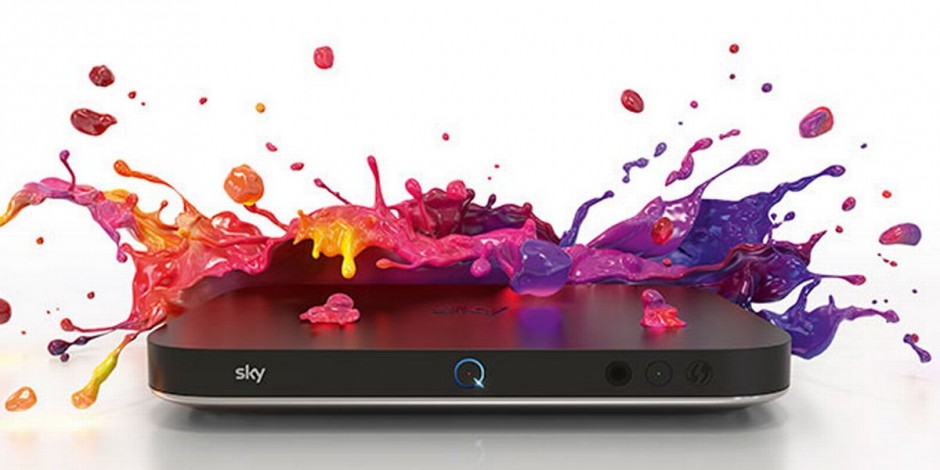By Lucy Handley
Consumer goods giants Kraft Heinz and Unilever have been criticized for advertising products on Pornhub, a site where users can upload and watch pornographic video content.
According to a report by British newspaper The Sunday Times, advertising for the Unilever-owned Dollar Shave Club ran on the site earlier this year, with one ad stating: “If you use our bathroom products you won’t have to visit this site as much.” A campaign for Kraft Heinz frozen food brand Devour ran on Pornhub in January, stating “Hot food porn. Never just eat, devour,” according to a report in the Wall Street Journal.
Pornhub does not permit videos of under-18s or those that show violence and says it removes any such content, but The Sunday Times found clips of school girls that were secretly filmed, and men performing sex acts in front of teenagers on buses.
In an email to CNBC, a Unilever spokesperson said the company does not support advertising on porn websites and is “extremely concerned” about the reported ads from Dollar Shave Club, adding that the company retains operational independence since being acquired by Unilever in 2016. The spokesperson confirmed that Dollar Shave Club ran a short campaign on Pornhub earlier this year, but said Unilever was not aware of it at the time, or of the specific ad mentioned.
Kraft Heinz took over Pornhub’s homepage with its “food porn” campaign for one day in January, as part of its wider Super Bowl ad activity, which it described at the time as an “unconventional and provocative advertising campaign,” in an online release. A spokesperson for Kraft Heinz confirmed to CNBC via email it had run advertising for Devour on the Pornhub site for one day earlier this year.
“Kraft Heinz has pledged not to advertise or promote any of its brands on this site or other similar sites,” the spokesperson added. “The brand was explicitly talking about #Foodporn, which has become a cultural phenomenon on Instagram.”
Labour party politician Yvette Cooper, chair of the home affairs committee, a cross-party organization that monitors Britain’s interior ministry, said the findings were “horrendous” and called for a police investigation. “This material is illegal and dangerous. There is no excuse for complacency or claiming ignorance when children are being put at risk by the proliferation of this poison,” she told The Sunday Times.
A spokesperson for Pornhub said the site has a team of reviewers who monitor videos and report illegal content to the authorities, in an email to CNBC. “Child sex abuse material is horrific, disgusting and illegal content that must be eradicated by any means necessary,” the spokesperson added.
The spokesperson said that videos described as “hidden camera footage” are often legal, consensual and professionally produced to cater to particular tastes.
Brands are very particular about where their ads appear, with Disney, AT&T and Nestle withdrawing campaigns from YouTube in February for fear of appearing next to inappropriate content, and removing ads from Fox News’ “Tucker Carlson Tonight” after the host’s comments on immigration last December.
Meanwhile, Unilever is a member of the “Unstereotype Alliance,” a body of advertisers and the United Nations that formed in 2017 to “eradicate outdated stereotypes in advertising.”
Pornhub claims to average 100 billion video views a year, with 100 million daily visits. It also operates the YouPorn and Redtube adult content sites.
The Unilever spokesperson added: “This type of content is deeply troubling, and we will ensure that none of our brands advertise on Pornhub again, or on any other porn websites. Dollar Shave Club has also confirmed that they will not advertise with Pornhub again, or on any other porn websites.”
Feature Image Credit: A still from an ad campaign for Devour, a food brand owned by Kraft Heinz. The company has been criticized for running adverts on a porn site in January 2019. Kraft Heinz




